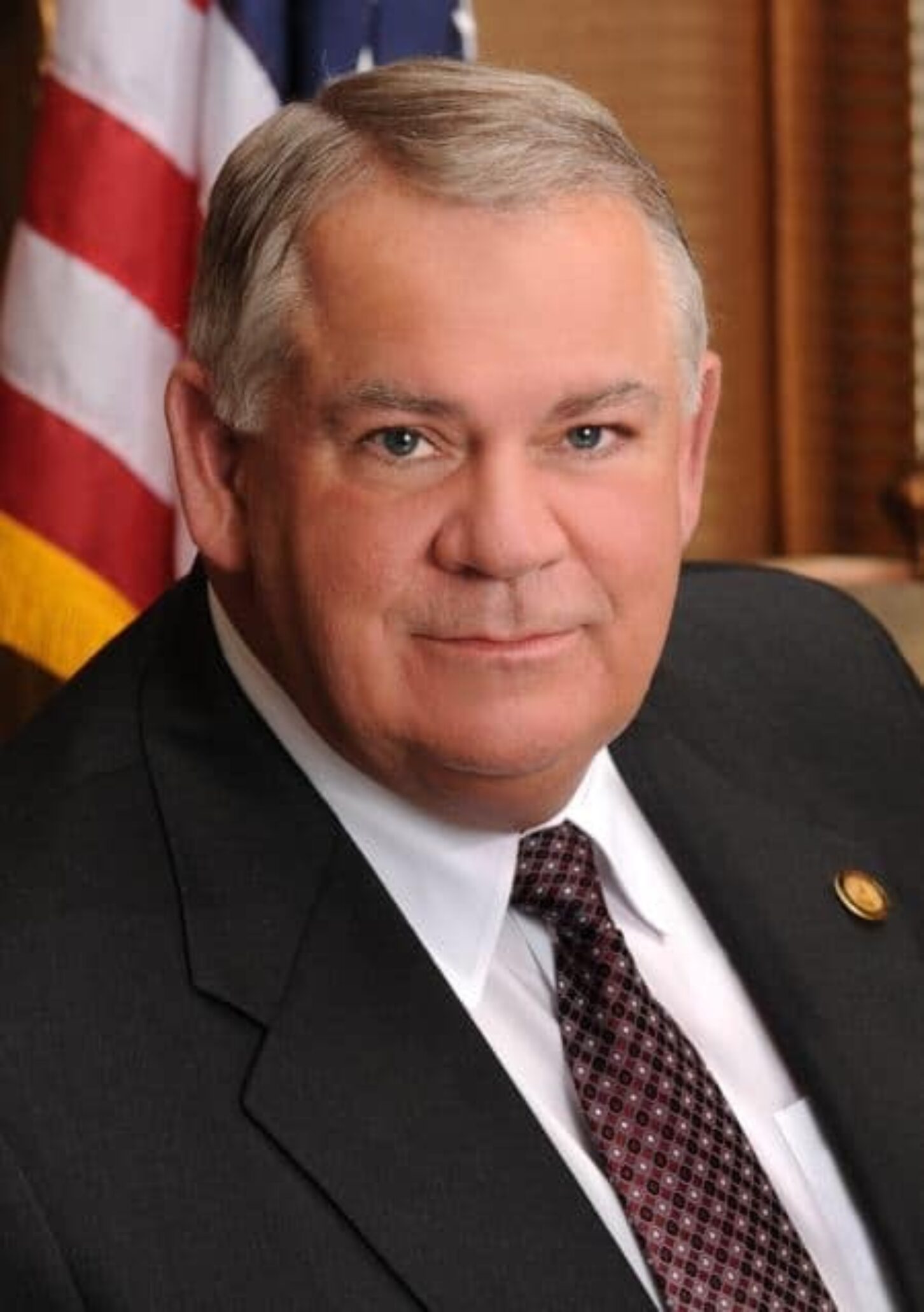
By Mike Klein

Exhale now if you expected personal income, corporate income or sales tax rate changes to be enacted during the current General Assembly. It won’t happen but as Chicago Cubs fans have believed for more than one hundred years, there’s always next year.
“There was a lot of discussion last session about those kinds of things,” House Speaker David Ralston said Thursday. “You’re probably not going to hear much this year.” Ralston answered a Georgia Public Policy Foundation tax rates question during a Commerce Club membership breakfast.
The Special Council on Tax Reform report published in December 2010 proposed a one-third reduction in the maximum personal income tax rate from 6 percent to 4 percent effective in January 2014. The General Assembly did not enact tax reform legislation last year, the Speaker acknowledging, “We weren’t able to quite get it into the end zone.”
Philosophically, the Speaker is on board with lower personal tax rates. “I would like to see us work really hard on pushing the individual rates down here in Georgia because I think that is not only good for families and workers, I think it’s good for small businesses that are paying at that rate,” Ralston said.

However, he added, “I don’t expect that now but I think in the not too distant future those are going to be back on the table in a very serious way.” The elimination of sales taxes on energy used in manufacturing is expected to become this year’s major tax reform headline. It was named by Governor Nathan Deal as one of his 2012 economic competitiveness tax priorities.
The Public Policy Foundation supports a revenue neutral approach that would reduce the state maximum personal income tax rate by nearly half and increase the state sales tax. Click here to read a tax analysis written by Foundation President Kelly McCutchen.
Ralston touched on several topics during his Commerce Club speech in Atlanta.
Back on tax policy, Ralston cited Caterpillar’s announcement that it will build a farm equipment manufacturing plant in Clarke and Oconee counties. “They are the largest private employer in the state of Illinois,” Ralston said. “They have publicly threatened to move out of Illinois because of that state’s tax policy.” Caterpillar will employ about 1,400 people east of Atlanta. At least 2,000 jobs could be created in other nearby businesses.
Some folks who are worried about possible ballot box failure have suggested this summer’s transportation sales tax referendum should be delayed. “There’s a lot of clatter down there and a little bit of a push to sort of change it, take it off the table, start over again,” Ralston said. “It’s time we just move forward and let Georgians make that decision. That’s what’s going to happen the end of July.”
Balancing the budget this session will require “more nipping and ticking” but Ralston said, “I don’t think the cuts will be the sort of draconian nature they have been the last few years. We are probably not in the kind of recovery that we want to be in (but) we think we may have hit the bottom and we are not going down any further.” Governor Deal’s office has said state agencies will continue to make budget cuts, even after revenue improves.
The Speaker said juvenile justice reform legislation that the House unanimously passed 172 – 0 on Wednesday will “bring our juvenile law here in Georgia up to the 21st century.” Ralston recognized Supreme Court Chief Justice Carol Hunstein who was in the audience, and noted the challenge in the adult criminal justice reform initiative. “We have a rate of incarceration here in Georgia that frankly we should not be proud of,” Ralston said.
General Assembly sessions during recent years have lasted well into April. Ralston suggested this one might end sooner than April. “People remind me from time to time that former Speaker (Tom) Murphy used to like to finish the session by St. Patrick’s Day or when the Braves were still in spring training,” Ralston said. “That was when the state was about half the size it is now and there was a lot less going on than we have now.”